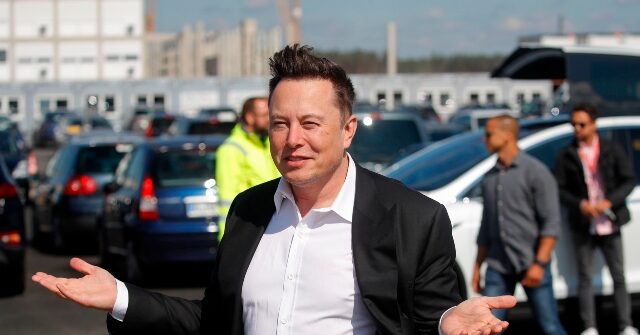Elon Musk’s xAI has introduced Grokipedia, an AI-driven encyclopedia positioned as an alternative to Wikipedia that the founder says is intended to “purge out the propaganda” he says is present in Wikipedia. The new project combines automated content generation with tools for sourcing and verification, and it aims to rethink how consensus knowledge is created, edited, and maintained online.
Grokipedia is presented as a system that leans heavily on artificial intelligence to compile and summarize information across topics. Instead of relying solely on volunteer editors and manual revisions, the platform uses models to draft entries, assess claims, and propose citations. That approach is meant to speed up content creation and to provide a different pathway for updating material as events change.
Proponents argue that AI can reduce repetitive work and handle vast volumes of data more efficiently than human-only teams. Automated systems can scan large corpora, detect contradictions, and surface relevant sources in seconds, which could help keep pages current. Yet the use of AI also raises concerns about hallucinations, bias, and the risk of embedding model errors into supposedly authoritative entries.
The phrase “purge out the propaganda” appears as a direct statement of intent regarding the perceived editorial stance of existing encyclopedic resources. That assertion frames Grokipedia as a corrective to what some see as institutional or cultural slants in collective knowledge platforms. How the platform operationalizes that aim—through algorithmic tweaks, human review, or governance structures—will be crucial to whether it succeeds in winning trust.
Trust is the central challenge for any encyclopedia, and Grokipedia must address verification and accountability to gain wide adoption. Readers need clear signals about how information was generated, what sources were used, and who reviewed the material. Without transparent provenance, even factually accurate content may be treated with skepticism if users cannot trace its origin.
Another important consideration is editorial control and dispute resolution. Traditional encyclopedias rely on community norms, history, and consensus to resolve disagreements, while automated systems require new mechanisms to mediate errors or contested interpretations. Defining roles for AI, for expert reviewers, and for public contributors will shape the project’s culture and its ability to correct mistakes quickly.
Technical design choices will influence both the platform’s strengths and its vulnerabilities. Model selection, training data curation, and citation pipelines determine the types of errors that can appear and how easy they are to detect. Robust auditing, independent evaluation, and open testing could help mitigate risks, but they require resources and a commitment to continual oversight.
Scaling an AI-based encyclopedia also touches on legal and ethical questions about copyright, proprietary data, and fair use. Automated summarization and synthesis of published material may trigger disputes over source attribution or reuse. Clear policies that balance efficiency with respect for original creators can help avoid friction while preserving the value that synthesized knowledge provides.
User experience matters as much as backend architecture: how content is presented, how uncertainty is communicated, and how corrections are made will determine everyday usability. Features like version histories, flagged content, and visible confidence metrics could let readers judge reliability at a glance. Intuitive tooling for contributors to contest or refine entries will keep the platform dynamic and responsive.
Competition with established platforms introduces both opportunity and scrutiny. Grokipedia can learn from the successes and failures of predecessors, adopting proven community practices while experimenting with automation where it adds clear value. At the same time, public and academic observers will probe whether the new model improves accuracy or simply shifts the vectors of error.
Finally, long-term sustainability depends on funding, governance, and the balance between openness and control. An encyclopedia that relies on centralized decision-making risks alienating contributors, while one that opens everything without guardrails may drift into inconsistency. Finding the right combination of automated assistance and human judgment will be the test that determines whether Grokipedia becomes a durable resource.





Add comment